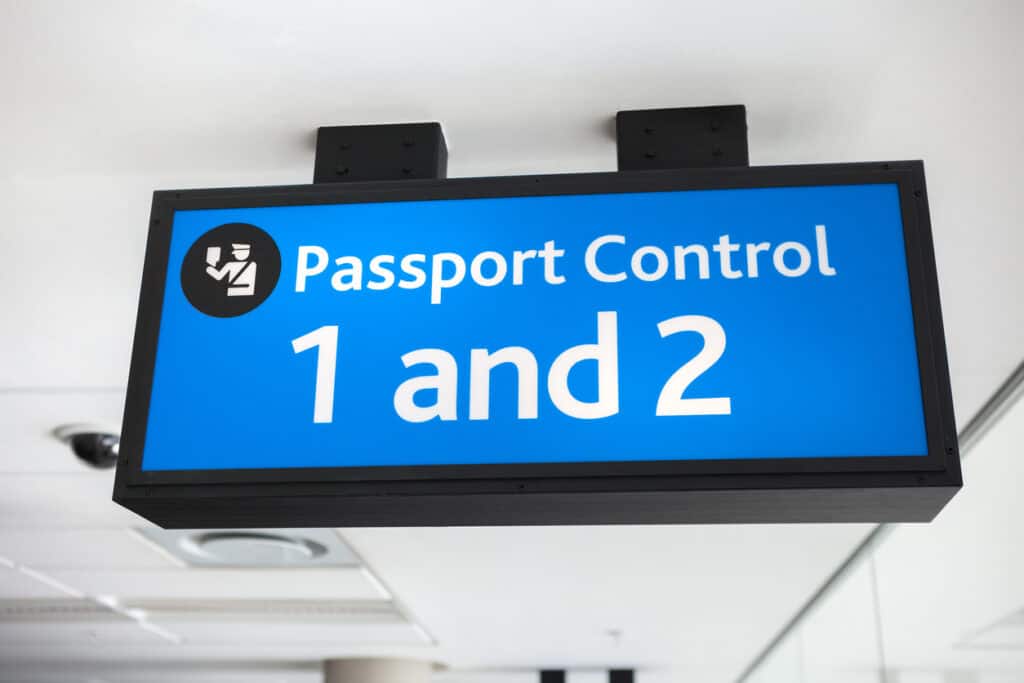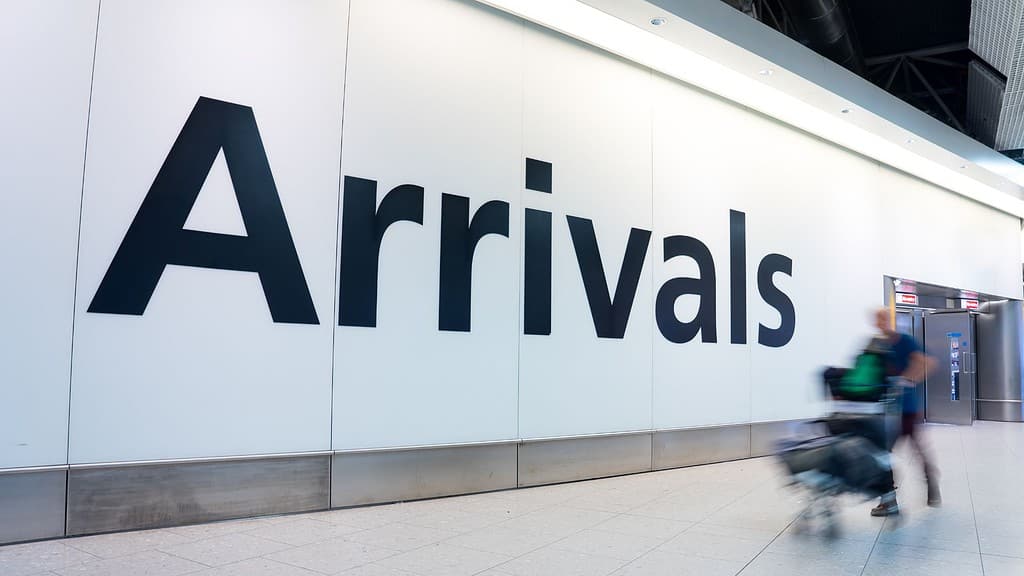A digest of how science and engineering featured in the Government’s Careers Strategy.
Science and Engineering in the Careers Strategy
15 Dec 2017
This month, the Government has published it’s long awaited Careers Strategy. Throughout the Careers Strategy there are several positive steps towards better careers provision in schools, focusing on achieving the 8 Benchmarks for Good Careers Guidance developed by the Gatsby Charitable Foundation:
- £2 million to fund employer encounters in the twelve Opportunity areas and £5 million for the CEC Investment Fund during 2018 to support disadvantaged pupils to access additional support.
- A strong focus on putting into place a network of Enterprise Advisers and Coordinators.
- Increasing of the importance placed on careers provision in Ofsted inspection reports.
- £5 million investment to test “careers hubs” in 20 areas.
- £2 million to test or expand programmes for career activities for primary school children.
- £4 million investment to fund the development of new training programmes for Careers Leaders and support at least 500 schools and colleges in areas of the country needing it most.
However, looking at STEM-specific measures, there are encouraging words but no funding commitments and little accountability as to how these good intentions will be put into practice. Careers education is a key factor for increasing interest in, and uptake of, STEM subjects and careers, particularly amongst girls, students from ethnic minority and socially disadvantaged backgrounds, and those with disabilities. Whilst there is some reference to social disadvantage, the diversity focus within STEM is on gender only. In our upcoming policy review of diversity and inclusion in STEM we recommend further embedding diversity within the careers strategy, for example in science outreach, the Institute of Apprenticeships and the new National Careers Service website, rather than considering it as an added extra.
Careers education as a whole
- The Careers and Enterprise Company to coordinate employers, schools, colleges, funders and providers to provide careers support to young people aged 12-18:
- £2 million investment in careers and enterprise activities in the twelve Opportunity areas to fund employer encounters.
- £5 million for the CEC Investment Fund during 2018 to support disadvantaged pupils to access additional support, including opportunities for mentoring and guidance.
- Enterprise Advisers to be available to all secondary schools and colleges by 2020, with trained Enterprise Coordinators to ensure Advisers are aware of the additional needs of disadvantaged young people and the barriers that they face to entering employment.
- CEC to support all a secondary schools in offering every young person at least seven encounters with employers during their education, with at least one encounter taking place each year from years 7-13.
- New requirement for Ofsted to comment in college inspection reports on the careers guidance provided to students from January 2018. The Department will engage with Ofsted, as it reviews the Common Inspection Framework, to consider coverage of careers provision as part of the development of any planned changes to school and college inspection arrangements which will take effect from September 2019.
- £5 million investment to test “careers hubs” in 20 areas, linking together schools, colleges, universities and other local organisations, including through additional coordinators based at the CEC, as part of a major trial to support the CEC’s work across all the Gatsby Benchmarks. Hub activities will be focused on groups of young people and areas most in need of targeted support, to help deliver improvements in social mobility.
- £2 million to test or expand programmes for career-related activities for primary school children, including in challenging areas.
- £4 million investment to fund the development of new training programmes for Careers Leaders and support for at least 500 schools and colleges in areas of the country needing it most. Gatsby and the CEC will work with school leaders to set out clearly what Careers Leaders should do, what the job involves, and the benefits of the role.
- Government will require schools to give providers of technical education, including apprenticeships, the opportunity to talk to pupils about the courses and jobs they offer from January 2018.
- Government will make sure that a strategy is in place to communicate about the new T levels with parents, teachers, students and careers professionals, using peer role models and other ambassadors to encourage more girls and women to pursue technical careers.
- Government will ask all schools and colleges to meet the Gatsby Benchmark standards, publishing new statutory guidance in January 2018 setting out how to meet them.
- Government strongly recommends that all schools and colleges work towards the updated Quality in Careers Standard, incorporating the Compass self-assessment tool developed by the CEC and the Gatsby Charitable Foundation.
- In Higher Education, Government will ask the Director of Fair Access and Participation and the Office for Students to expect institutions to continue to target the most effective outreach interventions at disadvantaged pupils as part of Access and Participation Plans, and to do more to make sure that students from disadvantaged backgrounds make best use of their university careers services.
- £40 million in the National Retraining Scheme, the first £10 million Flexible Learning Fund to design and test ways to deliver learning to working adults with low or intermediate skills and the second pilot being delivered across up to five LEP areas. The Career Learning Pilots will be closely evaluated, with results being collected throughout the 2018/19 academic year.
- Funding during 2018 for the Education and Training Foundation to provide professional development for careers professionals working with young people who are disadvantaged, including those with special educational needs and disabilities.
- A new website for the National Careers Service will be developed in 2018, making sure all Government careers information is available in one place.
- Government has renewed the contract for LMI for All, and will continue to promote it’s ‘careerometer’ tool in schools. Government will also run a ‘hack day’ for developers to design new apps that could be used in a tailored way with people who are less confident using digital tools.
- Government will make destinations and outcomes data more accessible to people, to help them compare opportunities and make informed decisions on education, training and employment options.
- Government will look into ways to improve the long-term tracking of student outcomes, including the extent to which young people go on to apprenticeships and other technical routes such as the new T levels.
Measures specific to STEM
- Commitment to deepen the understanding of the gender disparity in subject choices at age 16 by exploring how to improve the accessibility and transparency of data on this issue.
- Working with the Government Equalities Office to take positive steps towards eradicating gender norms in the classroom that lead to girls narrowing their career choices.
- Exploring how to close the gender divide in STEM across educational and professional routes, such as STEM apprenticeships and the new T levels.
- Programmes such as the new £16 million Level 3 Support Programme will work to inspire more students, particularly girls, to study maths after the age of 16.
- Government will work with hundreds of industry partners to bring young people, their parents, and their teachers face-to-face with engineering activities, events, and role models as part of the 2018 Year of Engineering.
- Government to ask schools and colleges to make sure that STEM encounters, such as with employers and apprenticeships, are built into their careers programme by updating school and college statutory guidance.
- Continued funding of STEM Ambassador programme, a UK-wide network of over 30,000 volunteers from a wide range of employers, who work with young people to provide stimulating and inspirational activities in both school and non-school settings.
- The National Careers Service website to provide clear information on how young people and adults can enter or progress in STEM careers.
- The CEC will work with LEPs to help Enterprise Coordinators in areas with lowest uptake of STEM qualifications to make sure that STEM encounters are built into careers and enterprise plans.
- Government will ensure findings from the “Generation STEM” test programme, a partnership between the Education Endowment Foundation, CEC, and Bank of America Merrill Lynch, will be built into advice to schools and colleges about how best to engage students in STEM careers through work experience.
- Government will assess the breadth and effectiveness of current careers provision in schools and colleges on STEM, including activities to inspire students to pursue STEM careers. We will produce information about ‘what works’ and develop a toolkit for use in schools and colleges, trialling new approaches where needed.
Read the Government’s full Careers Strategy here.
Related resources

A week on from the publication, Policy Manager Camilla d’Angelo takes a look at some of the questions that remain to be resolved and what to expect next for the Immigration White Paper.

Policy Manager Camilla d’Angelo takes a look at what the Immigration White Paper means for attracting international R&D talent to the UK.

In advance of the forthcoming Immigration White Paper, CaSE and 35 other organisations have written to select Westminster Parliamentarians.

This briefing summarises attitudes to immigration, international students and researchers, and their impact on UK R&D. It is based on evidence from a nationally representative survey of 4,100 UK adults in June 2024 and two focus groups in December 2024.